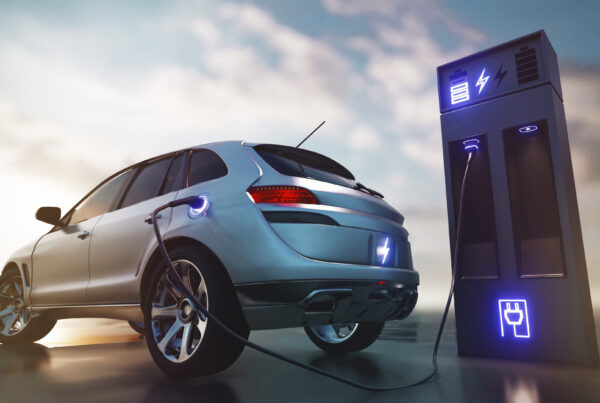Selecting the best fleet vehicles can present one of the greatest battles for fleet managers. In 2020, the COVID-19 pandemic continues to cause havoc with your budget and daily operations – making that dilemma even harder.
Pandemic or not, one thing that separates the good from the great fleet managers is proper research! The best strategy assesses all factors that can impact on your budget, capital expenditure decisions, leasing options and cost of ownership. When choosing fleet vehicles, here are some top recommendations:
1. Use and operation
Whether you’ll be buying, financing or leasing your fleet vehicles, make sure that they are appropriate for the intended use. When determining suitability, it could be useful to consider:
- Size, style and carrying capacity – what are the people, products or equipment requirements that a vehicle needs to carry?
- Routing, roads and terrains – will the vehicle be used for lengthy motorway commutes, urban stop-start driving patterns or to be used for off-road jobs?
- Downsizing – does your organisation need a bigger vehicle or can you reduce unnecessary vehicle weight to reap valuable fuel savings?
2. Future proofing
With the debate about diesel engine vehicles and their effect on the environment still rumbling on in parliament, high up on all of our list should be fuel type and emissions. Alternative- fueled vehicles are slowly infiltrating Australian fleets – namely electric (EV) and electric hybrid (PHEV) vehicles. In 2020 your selection of EV options is growing by the month, with more models due on Australia shores in 2021 and beyond! We all have heard the narrative of EVs – big upfront = big long term savings. But have you ever done a proper cost analysis using tools like AfMA’s Whole of Life Cost Calculator?
3. Get your employees on board and ask for their opinions
It’s not unusual for fleet managers to allow a degree of flexibility within fleet vehicle selection – additional extras or ‘perks’ to boost employee satisfaction. Embrace the opportunity to get first-hand experience from the people who will operate the vehicles. Get their honest opinions about how different vehicles could live up to the tasks that they need to perform.
4. Safety
If reducing accident costs is a high priority for your fleet, then it’s worth considering vehicle technologies that are designed to enhance safety and mitigate the potential for accidents. A thorough cost-benefit analysis of those solutions can lead to more informed choices. Plus, it’s worth considering that better accident management might go hand-in-hand with a faster return on investment and lower costs.
5. Maintenance and upkeep
Maintenance can be a costly element of vehicle ownership so do your research into projected costs for a vehicle’s routine service needs, parts and labour. Check the warranty coverage to ensure that it will offset against projected repair costs. Fleet maintenance software can be invaluable in reporting on vehicle performance, maintenance and costs to help influence future choice.
AfMA’s Whole of Life Cost Calculator is a free tool available for members to assist them in their vehicle purchases.



















